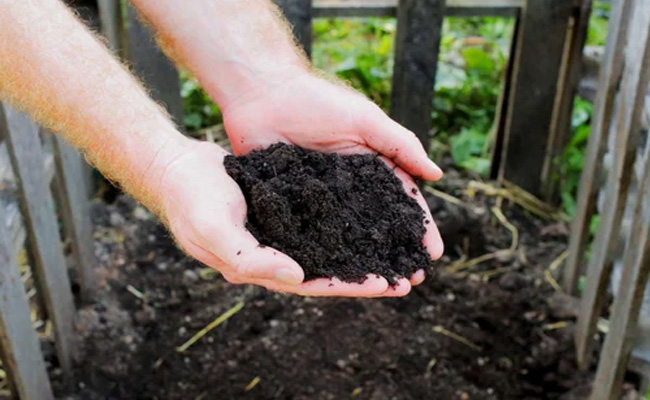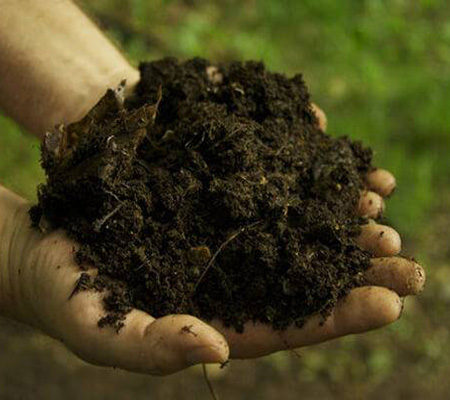
About Us
KURWARE Global Trade, is a registered firm under MSME, Maharashtra Chamber of Commerce, primarily as a Merchant Export firm in Nashik (India). It is one of the leading and reputed export houses dealing with wide range of commodities and services ranging from food BIO Fertilizer, Vermicompost, Fresh Vegetables, Fruits, Spices, Honey, Rice etc. to a host of other merchandise catering to the wide range of customers across the globe.
Contact Information
- +91 9168 988 934
- kurwareglobaltrade@gmail.com
- Plot No 21, Rajgruh Bungalow, Wadhane Colony ,borgad Road, Near Surya Bhaskar Society, Mhasarul, Nashik, Maharashtra, Pin Code: 422004




